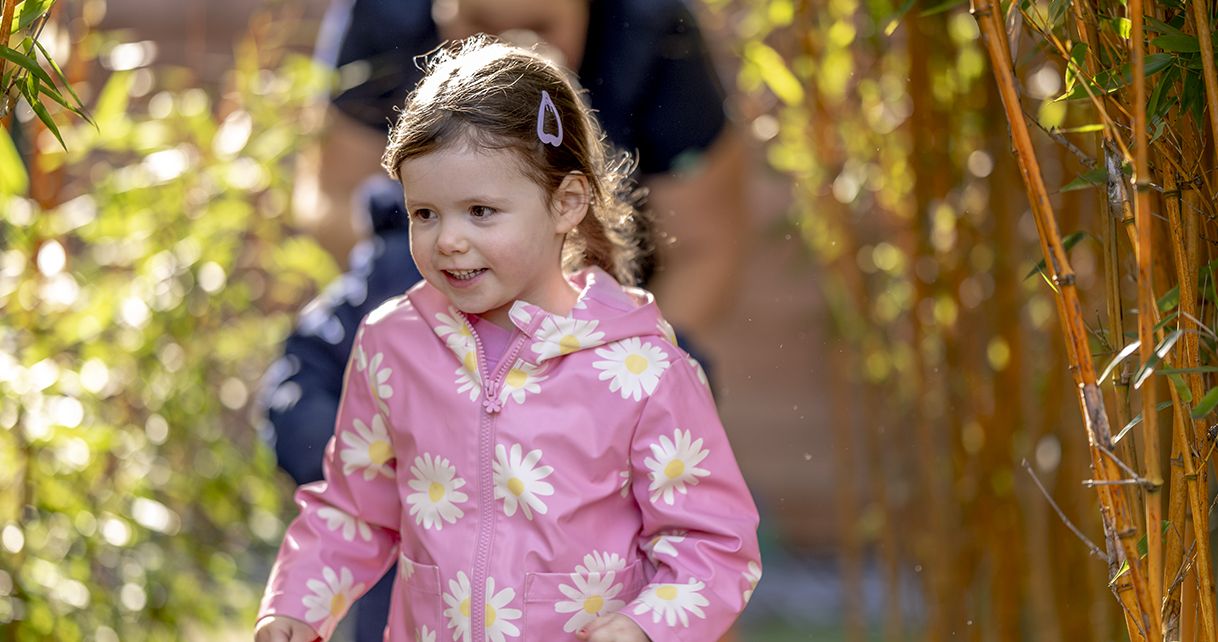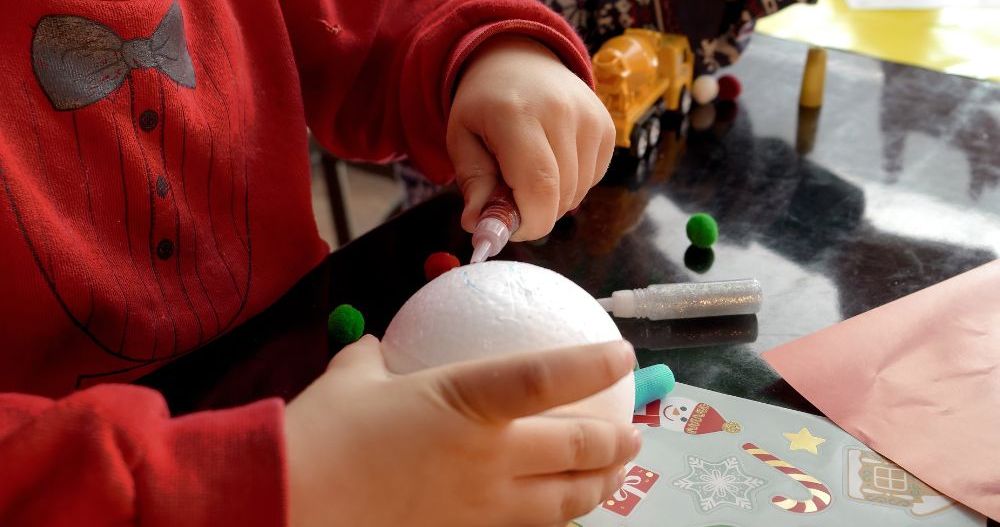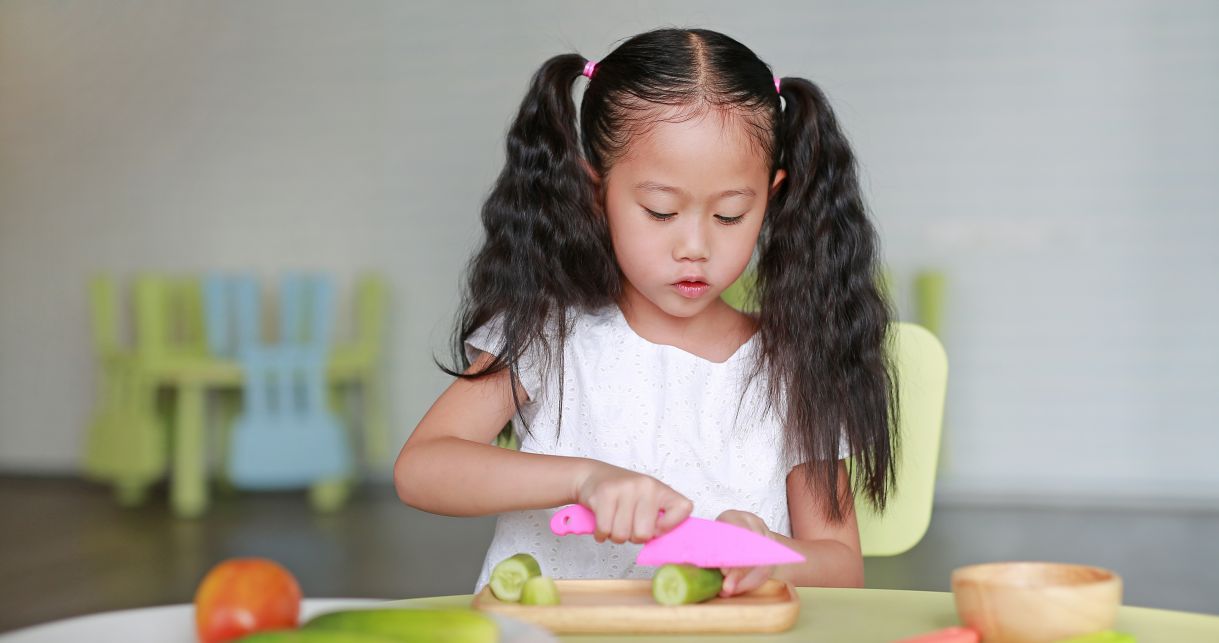6 min read
6 min read
6 min read
6 min read
Play is essential for all children, especially those of nursery school age. It serves as a strong foundation for development and growth allowing children to explore their curiosity and the world around them. From birth to age five, a child's brain develops more than any other time in life. Early brain development impacts a child's ability to learn.
Learning through play is a powerful approach that nurtures all aspects of a child's development. At Busy Bees, we are committed to creating playful, enriching environments where every child can thrive. This blog post will discuss the importance of learning through play and how it can be incorporated into a child’s day.
Learning through play is an early year's educational approach that uses play as the primary method for teaching. This idea is the belief that children learn best when they are actively engaged and enjoying themselves. Key elements include:
This approach aligns with findings that playful learning experiences are directly linked to improving vocabulary and understanding simple mathematical concepts such as numbers, counting, and shapes.
At Busy Bees children learn through play during their own freely chosen activities and through planned experiences offered by their playful teachers.

Play is more than just fun; it supports children’s development in almost every aspect. It creates an opportunity to learn about themselves and the world around.
Here are some of the reasons why play is important in child development:
There are many ways to create learning opportunities during playtime. Here is a selection of play-based activities and how they can create a love of learning:
These activities not only support children’s development but also make learning a joyful experience. By thoughtfully designing playtime activities, parents or educators can create opportunities for children to explore new ideas and concepts.

At Busy Bees, our Bee Curious curriculum has been crafted to integrate play into every aspect of learning. We have incorporated the specific areas of development focusing on different aspects, such as communication and language, physical development, and understanding the world. Each area has been constructed to engage children through playful activities that promote growth and spark curiosity.
Through playful teaching, Bee Curious supports children by providing age-appropriate, play-based learning experiences that evolve as they grow. By embedding play into our curriculum, Busy Bees ensures that children not only acquire essential skills but also foster a genuine love for learning.
Learning through play is a powerful approach that nurtures all aspects of a child's development. At Busy Bees, we are committed to creating playful, enriching environments where every child can thrive.
To find out more about our approach to learning through play, discover the Bee Curious Curriculum.
by Busy Bees
Published: 26/02/2025
Share Blog

by Busy Bees 26/01/2026
10 min read

by Busy Bees 01/12/2025
5 min read

by Busy Bees 01/12/2025
5 min read

by Busy Bees 27/11/2025
6 min read

by Busy Bees 25/11/2025
7 min read